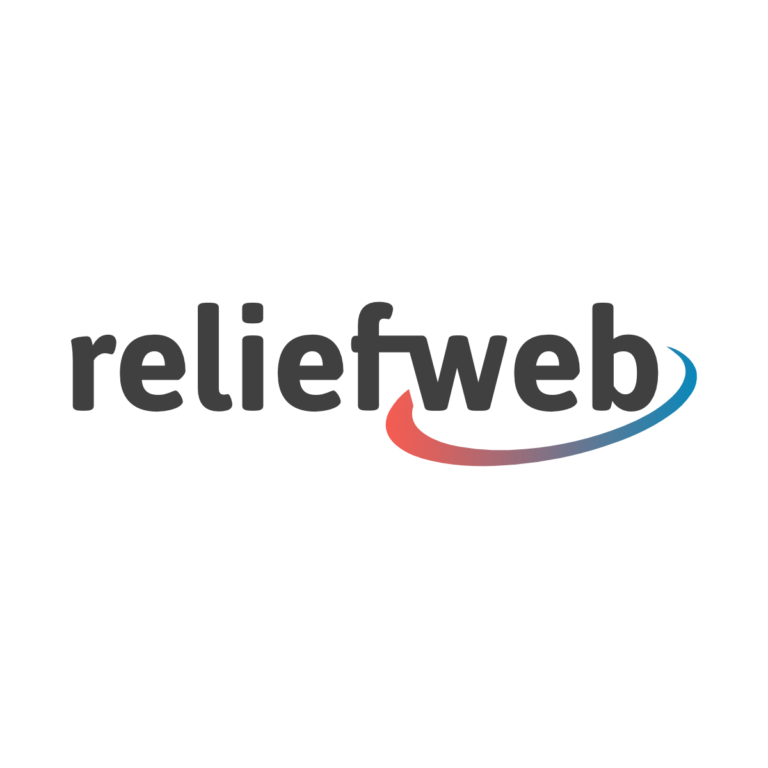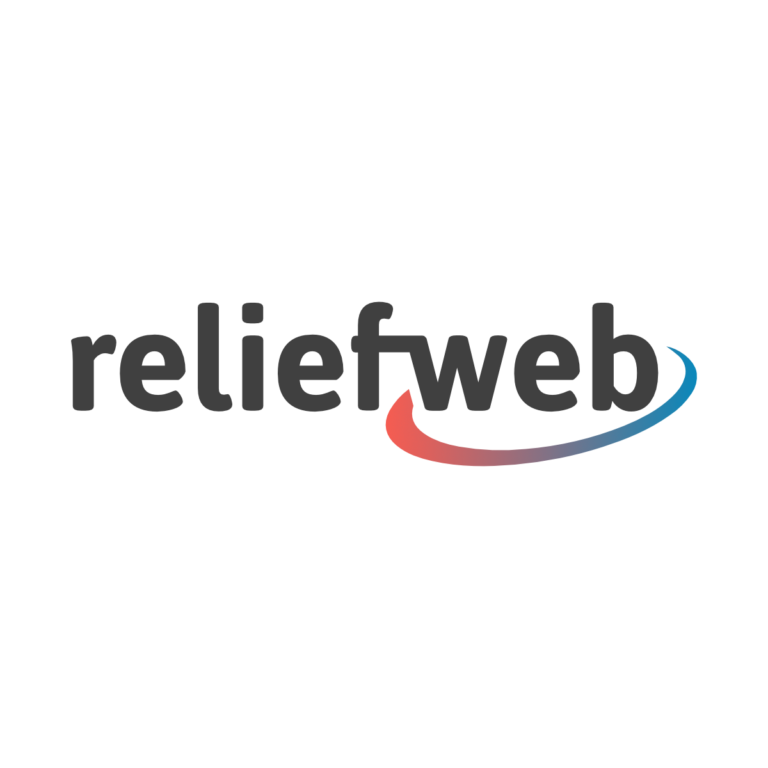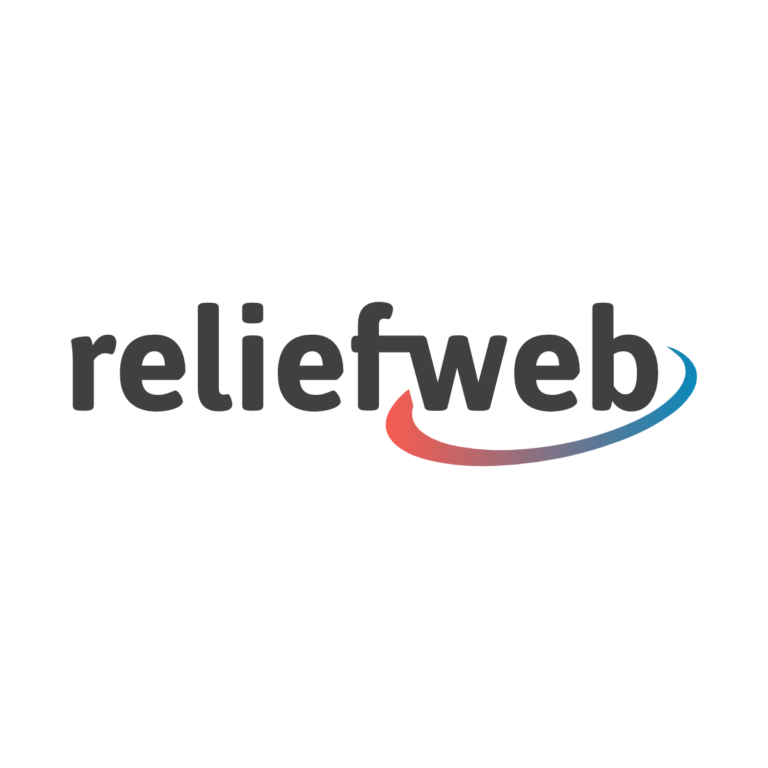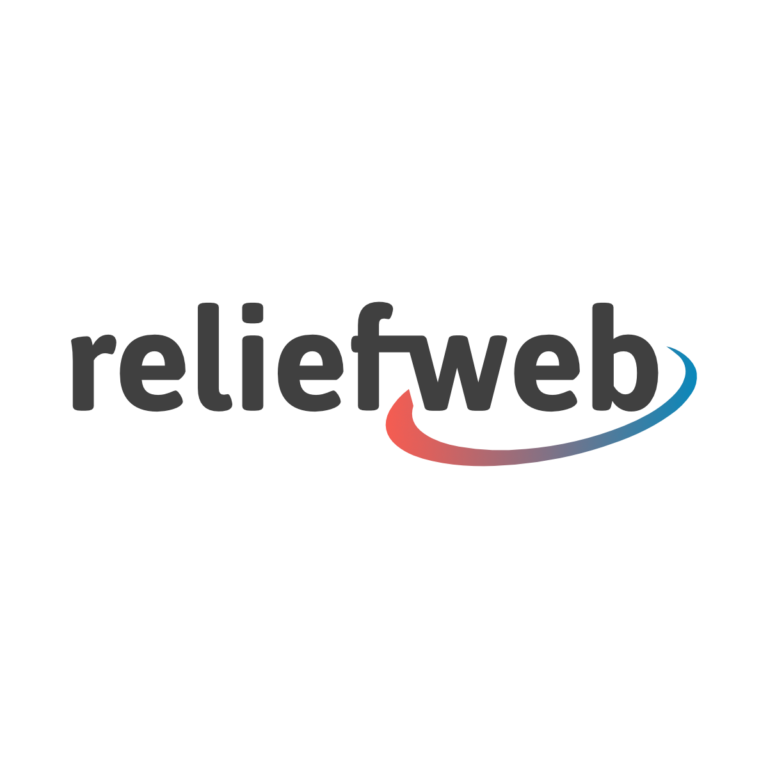ALIMA, the international medical NGO with a human face, which places at the heart of its model the co-construction of projects and professional paths
THE ALIMA ASSOCIATION
ALIMA’S ETHOS: ALIMA’s purpose is to save lives and provide care for the most vulnerable populations, without any discrimination based on identity, religion or politics, through actions based on proximity, innovation, and the alliance of organizations and individuals. We act with humanity and impartiality in accordance with universal medical ethics. To gain access to patients, we undertake to act in a neutral and independent manner.
Our CHARTER defines the VALUES and PRINCIPLES of our action:
- Patient First
- Revolutionizing humanitarian medicine
- Responsibility and freedom
- Commitment to a dynamic of continuous quality improvement
- Creating a climate of trust among colleagues
- Collective intelligence
- Environmental liability
ALIMA promotes and defends the principles of fundamental human rights. ALIMA has a zero-tolerance approach towards those guilty of acts of gender and sexual violence as well as towards inaction in the face of alleged or proven acts of violence. The protection of those benefiting from and impacted by our intervention is our top priority in everything we do. Everyone collaborating with ALIMA is committed to:
● Respect the charter, the code of conduct, the institutional policies including the policy of protection against abuse of power and sexist and sexual violence, the policy of prevention of corruption and fraud;
● Report any violation of the policies, framework documents and procedures to a superior, to a referent.
CARING – INNOVATING – TOGETHER:
Since its creation in 2009, ALIMA has treated more than 6 million patients. Today ALIMA works in 12 countries in Western and Central Africa. In 2020, we developed 41 humanitarian medical response projects to meet the needs of populations affected by conflict, epidemics and extreme poverty. All of these projects support national health authorities through nearly 330 health structures (including 28 hospitals and 300 health centers). We work in partnership, especially with local NGOs, whenever possible to ensure that our patients benefit from the expertise wherever it is, whether in their country or the rest of the world. In addition, to improve the humanitarian response, we are carrying out operational and clinical research projects, particularly in the field of the fight against malnutrition and haemorrhagic viral fevers. ALIMA is also leading operations in response to the covid-19 pandemic across all of our missions.
ALIMA’S TEAM: More than 2000 people currently work for ALIMA. The field teams, as close as possible to the patients, receive their support from the coordination teams generally based in the capitals of the countries of intervention. These receive support from the 4 desk teams and the emergency and opening service team based at the operational headquarters in Dakar, Senegal. The Paris and New York teams are actively working on fundraising as well as representing ALIMA. The rest of the ALIMA Galaxy includes individuals and partner teams who work on behalf of other organizations such as medical NGOs BEFEN, ALERTE Santé, SOS Médecins / KEOOGO, AMCP, research organizations PACCI, INSERM, Universities of Bordeaux or Copenhagen, the NGO Solidarités International and many others.
COUNTRIES WHERE WE WORK IN 2020: Mali, Burkina Faso, Central African Republic, Nigeria, Niger, Chad, Democratic Republic of Congo, Cameroon, Guinea, South Sudan, Mauritania & Senegal.
THE WORK WE DO covers: Primary and Secondary Health Care, with a main focus on children and women – including treatment and prevention of acute malnutrition, maternal health, mental health, response to epidemics (Ebola, Cholera, Measles, Dengue, Lassa Fever), surgery, displaced populations, and gender based violence, Covid 19.
GOVERNANCE: ALIMA is governed by a Board of Directors of 10 elected positions and 4 co-opted positions from representatives of West African partner NGOs.
POST LOCATION
In Nigeria, ALIMA is running four health and nutrition projects in Borno State (Maiduguri).
ALIMA’s teams in Nigeria represent about 20 expatriates and over 250 national staff.
DONOR AND GRANTS DEPARTMENT
The vast majority of ALIMA’s programs are financed by donors: institutional donors, United Nations agencies, cooperations, private foundations… Our main donors are ECHO, OFDA, the French Ministry of Foreign Affairs, the European Union, UNICEF, WFP, the Bill and Melinda Gates Foundation… ALIMA also carries out projects in consortium with international NGOs and other partners or research institutes.
Many of our donors and partners have representatives in the field, so the relationship with them is built directly from the ALIMA country offices. Project financing, and therefore fundraising, is the responsibility of the mission, with the support of the operations and support teams in Dakar.
An Operational Support Officer is present in each country, and all Operations Support Officers collaborate and form a team to contribute to the development of ALIMA and its projects. At headquarters, a dedicated department supports the operational teams in their relations with donors, particularly in monitoring calls for proposals, contractual follow-up, and official communication with the various donors.
This department is part of the Operations Department and is made up of a Donor Relations Manager and a Donor Advisor for each geographical desk.
ALIMA also has a Development Department, based in Paris, Dakar, and New York, in charge of fundraising with private donors and foundations.
ALIMA in NIGERIA
The humanitarian crisis in Nigeria’s northeast and the Lake Chad region is one of the most severe ongoing crises in the world, now entering its ninth year and showing no sign of abating.
In 2021, at least 8.7 million people are in need of urgent humanitarian assistance in the worst-affected states of Borno, Adamawa, and Yobe. Up to 5.1 million people risk being critically food insecure during the next lean season (June – August 2021), a level similar to 2016-2017 when famine was looming over Borno State
Nigeria is now facing a second wave of COVID-19 infections. Borno, Adamawa, and Yobe states have recorded new cases. Aid actors are intensifying actions and prevention measures
Despite challenges including humanitarian space reduction, aid workers had already provided around 5 million people with life-saving assistance in Borno, Adamawa, and Yobe states in 2020.
Conflict, explosive remnants of war, and insecurity have cut people off from their main means of livelihoods-farming and fishing. This causes major food insecurity in northeast Nigeria, which COVID-19’s effects on incomes have exacerbated: despite good crop yields, food insecurity is rising. Findings of the October 2020 Cadre Harmonisé (CH) analysis projected that about 5.1 million people in the three states will be food-insecure in the lean season between June and August 2021 – a 19% and 34% increase in 2020 (after COVID-19 June CH Update) and 2019 figures respectively. According to the Nutrition and Food Security Surveillance Round 9, conducted in October 2020, the level of acute malnutrition increased in all three states compared to 2019. Global acute malnutrition (GAM) rates of 10.7% were recorded in Borno, 7.5% in Adamawa, and 13.6% in Yobe. According to the survey, several LGAs had high pockets of global acute malnutrition above the 15% threshold (emergency phase), including Gubio, Magumeri, Mobbar, and Bayo in Borno State and all LGAs in northern Yobe. Movement restrictions and insecurity continue to hamper the ability of IDPs, returnees, and the host communities to access basic services, livelihoods, and land for farming and grazing. This means that more people will rely on humanitarian aid to survive in 2021.
In 2017, ALIMA continued to implement projects in Muna Garage in Jere LGA, where ALIMA performs general consultations for children under 5 and provides Sexual and Reproductive Health (SRH) to pregnant and lactating women (antenatal and postnatal consultations). An Outpatient Therapeutic Feeding Program (OTP) is also available for children under 5 suffering from severe acute malnutrition (SAM) in the clinic, where women and caretakers are trained to screen their children for malnutrition using the MUAC tape.
In Maiduguri MC, where ALIMA is working in partnership with the University of Maiduguri Teaching Hospital (UMTH), the Inpatient Therapeutic Feeding Center (ITFC) manages children under 5 suffering from SAM with medical complications in a 50-bed capacity building.
In December 2020, ALIMA conducted a needs assessment survey in the north of Yobe where a high level of acute malnutrition was recorded by the nutrition sector. The results of this survey prompted ALIMA to open a nutrition and health project covering the Kasasuwa LGA, one of the most affected LGAs, and where there was a gap. This project started in May 2021 and fund by ECHO aims to support Karasuwa health facilities and improve access to nutrition and health services including pediatric healthcare and reproductive health.
ALIMA also supports COVID-19 vaccination in Borno and Yobe with a focus on the most vulnerable.
In parallel, ALIMA is opening an emergency nutrition project in Katsina state and is present in Owo state since 2018 for Lassa fever response and research.
POST TYPOLOGY
Mission Location:
● Operational Support Officer – Mission Location: Nigeria – Abuja
Management lines:
Direct Line Manager: Head of Mission
● Technical Referent: Desk Grants Manager
PROTECTION OF BENEFICIARIES AND COMMUNITY MEMBERS
Level 3: As part of his/her duties, the job holder will visit programs and come into contact with children and/or vulnerable adults. Therefore, a criminal record check or a certificate of good conduct will be required. In situations where the impossibility of providing a criminal record or a certificate of good conduct is found, a declaration of honor will be requested.
MISSION AND MAIN ACTIVITIES
The Operational Support Officer is responsible for fundraising and contract management for the country, reporting to the Head of Mission.
He/she is responsible for the contractual management of donor contracts and the production of narrative reports according to contractual requirements, supported by the financial coordinator for financial management, the head of mission for operations, and the medical coordinator for medical activities.
He/she ensures the search for new funding for projects and ensures the production of concept notes and project proposals by the operational strategy.
He/she maintains an in-depth knowledge of the strategies, activities, and opportunities of donors and other stakeholders in the country.
Major Responsibilities:
· Ensure the search for funding and the development of project proposals
The Operational Support Officer develops a funding strategy and conducts an active search for funding from donors present in the country. He/she monitors donor strategies and current and future policies in the country, as well as the humanitarian context, to maintain a high level of information and understanding of the issues. On the other hand, he/she has a thorough knowledge of the operations conducted by ALIMA and analyses with the coordination team the current and future funding gaps.
· Ensure the production of concept notes and project proposals
To obtain funding, the Operations Support Officer develops project proposals, with the coordination team providing operational, medical, financial, etc… He/She ensures the writing of Concept Notes and project proposals to respond to opportunities with donors and develops project sheets and leaflets to ensure institutional communication throughout the year. He/She ensures that the documents produced are in line with the strategy and format of the donor, and are of perfect formal quality.
· Support data monitoring and tracking to meet reporting requirements:
The Operational Support Officer must develop and incorporate robust monitoring and tracking elements into reports, so he or she participates with the data manager in the monitoring and compilation of operational data shared monthly with the desk.
· Support the Project Coordinators in monitoring contractual requirements
The Operational Support Officer supports the Project Coordinators to give them the keys to mobilize resources from funding contracts according to operational needs and respect the contractual requirements of the donors. The Operational Support Officer maintains a high level of information on operational developments, including a budget, to propose contractual modifications if necessary.
· Ensure the production of accurate and analytical narrative reports within the defined timeframe.
The Operational Support Officer is responsible for the preparation of interim and final reports for donors, according to the imposed reporting formats and rules. He/she is directly responsible for drafting the documents, based on accurate quantitative and qualitative information capitalized during the year. He/she establishes regular liaison with the coordinators and project managers and, for the preparation of the reports, links the commitments with the donor and the reality of the projects and the land.
· Maintain relationships with donors and partners in the country
The Operational Support Officer is in regular contact with the representatives of the various donors, United Nations agencies, and international NGOs to ensure that these actors have a good knowledge of ALIMA and the projects implemented, and to keep an active watch on the various developments in the institutional context and particular funding opportunities
· Ensure the contractual management of funding contracts
The Operational Support Officer is responsible for monitoring funding contracts with donors. He/she is in direct contact with the donor’s national representatives for contractual management issues. He/she ensures that the donor’s procedures are known and respected by the rest of the team. To this end, he/she has a common contract monitoring tool and technical sheets for each donor, which he/she helps to update.
· Ensure the application of standards in the prevention of abuse
The Operational Support Officer must participate in training and awareness sessions. He/she applies the abuse prevention standards in all the tasks he/she undertakes (e.g. adding the theme in reports, project proposals, the clause on abuse prevention, etc.). He/she contributes to creating and maintaining a nurturing and protective environment.
EXPERIENCE AND SKILLS
· Advanced degree (Master’s level or equivalent) related to the position (development studies, public health, international relations, project management…)
· Excellent level of written and spoken English and French
· Good command of project management tools (project cycle, logical framework, project proposals, reporting, etc.)
· Professional experience in reporting, project design, and/or management, in an international solidarity organization (NGO, association, etc.) or UN agency or donor agency
· The first experience in expatriation is a plus
· Excellent analytical, synthesis, and writing skills
· Autonomy, ability to take initiative, ability to work in a team, and to communicate
· Thoroughness, motivation, willingness to achieve project support objectives
· Understanding of and commitment to ALIMA’s values and mission
CONDITIONS
Contract term: contract under French law, 6 months.
Desired start date: ASAP
Salary: Depending on experience
ALIMA pays for:
· Travel costs between the expatriate’s country of origin and the mission location
· Accommodation costs
· Medical cover from the first day of the contract to a month after the date of departure from the mission country for the employee
· Evacuation of the employee





